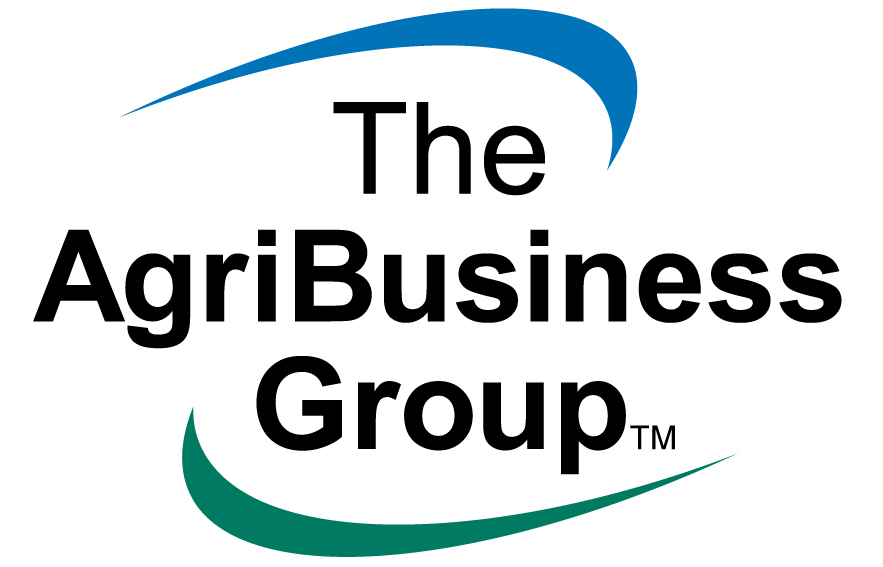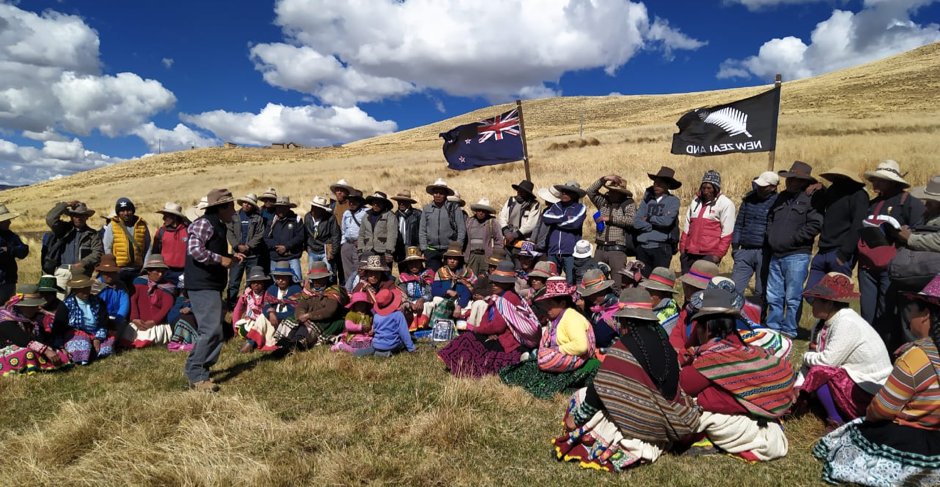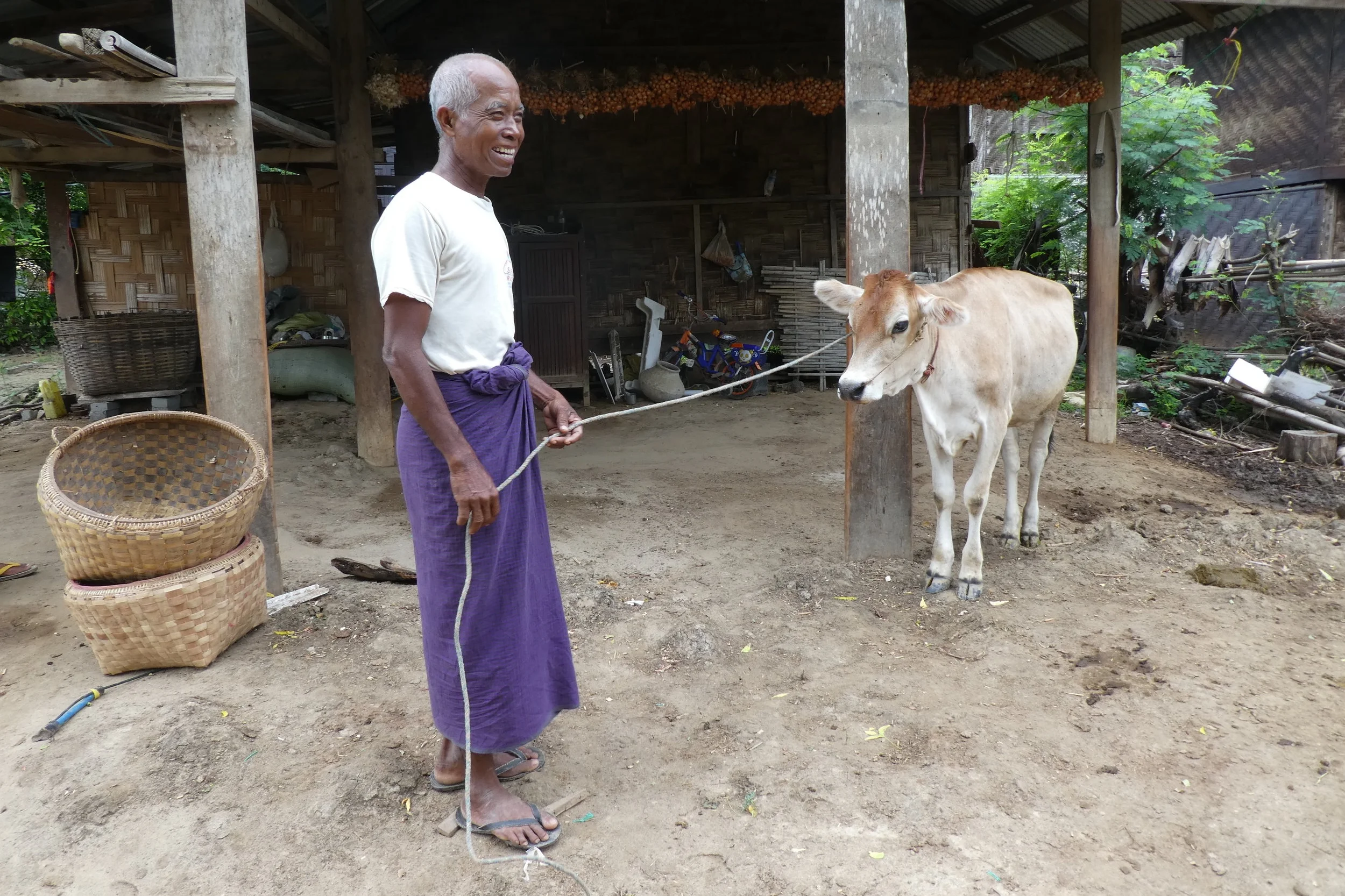Our recent visit to South America
A few weeks back, when travelling internationally was still a normality, Jon Manhire visited Colombia to support the launch of phase 3 of the Colombia Dairy Value Chain Project. He also made a visit to Peru to review the recent progress of the Peru New Zealand Dairy Support project. Check out the latest update from the fields in the Andes Mountains.
Farmers sharing the results of new management system practices to other farmers in Cusco in the Peruvian Andes
Colombia Dairy Value Chain project
The governance group meeting for the start of phase 3 of the Colombia Dairy Value Chain project
The goal of the Colombia Dairy Value Chain Project is to support the adoption of widespread integrated management systems to develop a profitable and competitive dairy farming sector. Since its inception, the project has focused on and demonstrated the effectiveness of using extension approaches to support farmer adoption of pastoral farming systems - especially through farmer to farmer learning. Traditionally in Colombia, agricultural development had focused on the supply of technology and support through short term technical assistance programmes with limited long-term impact for farmers. However, the project has shown that local smallholder farmers that are trained as extension agents know their local environment and are much more effective in passing on newly acquired knowledge and achievements to fellow farmers (click here for 10 reasons why local farmers can be the best extension agents). All 40 pilot farms that have adopted these improved management practices have significantly increased productivity and profitability (check out our previous update from Colombia)
The project also provided input into the design of the Colombian National Innovation and Extension Regulation (SNIA). All governmental (including regional/local government) agricultural development projects in Colombia need to now follow this new legislation. This also includes development projects established in response to the 2016 Peace Agreement. A key component of the law is the requirement for the development plans to have an extension plan and use training extension officers. The integration of extension practices is a huge breakthrough and should show improvements in the dairy sector in the coming years.
The 3rd phase of the Colombia Dairy Value Chain project is working to extend the knowledge and experience that the project has developed on farm extension systems to assist the Colombia National Vocational Training organisation, SENA, to develop course curricula and mentor the training of staff in the delivery of this course. SENA is the main provider of training of the very large number (1,000s) of these extension officers. The 12 month project will also support two regions with the design and implementation of their extension plans - and use this to develop best practices that can be shared with other regions in Colombia.
The March visit included the holding of the first Governance Group meeting which was hosted by MFAT and held at the brand new New Zealand embassy in Bogotá. Senior representatives from the main stakeholders attended and provided positive feedback on the project. The meeting was opened by the NZ Ambassador Lucy Duncan and chaired by Deputy NZ Ambassador Ellen Duval. There were representatives from Servicio Nacional de Aprendizaje (SENA), Ministerio de Agricultura y Desarrollo Rural (MADR), Agencia de Desarrollo Rural (ADR), Agrosavia, Agencia Presidencial para la Cooperación International (APC Colombia), Minister de RREE and The AgriBusiness Group.
Peru New Zealand Dairy Support project
Jon also visited Peru to review the progress of the Peru New Zealand Dairy Support project. It is a 4 year project that is scheduled to end in September 2020 and has had the objective of improving the productivity and profitability of small dairy farmers (1-10 cows in average) in the high Andes regions of Cajamarca, Puno and Cusco. The project has been very successful in developing pastoral farming systems that achieve the project objectives.
Currently, it is sharing the project insights across the three regions, as well as working with the leading institutions to ensure that the project insights are continued to be shared and enhanced once the project ends. As with the project in Colombia, the Peru New Zealand Dairy Support project has a heavy emphasis on encouraging farmer to farmer learning to share project results.
During his trip in March, Jon made a short visit to the Puno and Cusco region to review the project activities and took part in the project governance group meeting held in Lima. The recent launch of the High Altitude Andean Pastoral Dairy Farming qualification by the National Qualifications (SINEACE) was celebrated. The project had a key role in the development of this qualification which targets at more than 60 thousand promoters of high Andean pastoral dairy farming in regions such as Cajamarca, Puno and Cusco. The farmers will be guided in the application of good livestock practices and are able to certify their skills and, with it, improve the living conditions of more than 300 thousand families.
Unfortunately, a New Zealand Trade and Enterprise (NZTE) organised visit by New Zealand companies had to be postponed due to the Covid19 outbreak. This was going to be hosted by PNZDSP and be used to highlight the opportunities that the project has developed for New Zealand agricultural knowledge.















